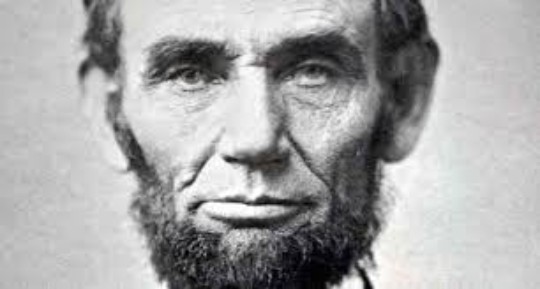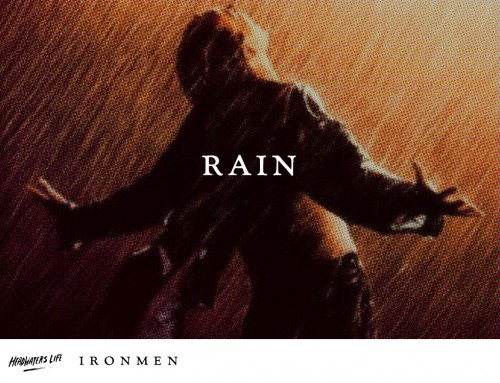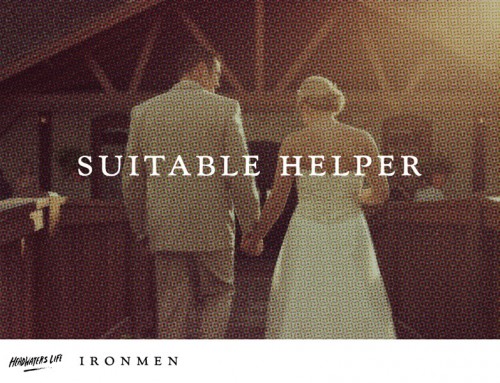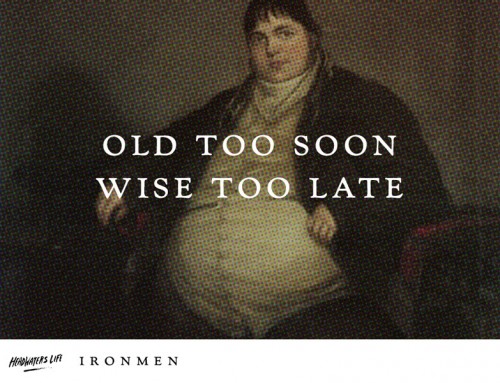On Saturday March 4, 1865, a humid day with the Battle of Appomattox still more than 30 days away and Lincoln’s assassination 5 days beyond that, Lincoln gave this famous speech. Its structure and depth hold insights that we can apply today. It is instructive to our personal perspectives because from this distance we can discern and weigh without excessive partisan energy that always colors the present. Current partisan energy biases men’s minds, so looking back 152 years allows us the freedom of discernment without that bias.
“Fellow-Countrymen:”, he begins with the democratic ideal of equality. By addressing his listeners with this common salutation, he is asserting he is no higher and we are fellow travelers on this earth. In the speech, Lincoln treats combatants on both sides almost as if he were an impartial observer regarding the justifications and righteousness of their thinking and prayers. But it’s clear some thoughts carry more substantive spiritual weight than others, like the peculiar institution of slavery versus freedom. Lincoln is taken aback that men “both read the same Bible and pray to the same God, and each invokes His aid against the other.” Yet, “It may seem strange that any men should dare to ask a just God’s assistance in wringing their bread from the sweat of other men’s faces.” In other words, how could someone pray to a God whose very character embodies justice that slavery should exist? How could that be if God is just? But he continues immediately in the same sentence, “but let us judge not, that we be not judged.” 620,000 deaths and the near destruction of the country, 4 long years of life and death struggle, and the leader of the nation speaks of not judging his adversary. Instead of the hardened heart of vengeance that victors quashed the vanquished, Lincoln embodies a higher ideal, a more substantive spiritual quality, of charity. Lincoln offers grace to the defeated in response to their hatred.
Even though there is more to say about the speech, much more, my Letters are designed for easy bites – a quick Friday morning snack for your contemplation and discussion in your Ironmen group. But of the ideas I have promoted over the years, this is a bigger one. The notion that ideas have spiritual weight is largely the point of our existence here on this planet. In our travels from birth to death we grow physically, mature socially, and climb spiritually. Our daily efforts engage the world in a kind of battle for survival or supremacy only to find, as Lincoln did, fellow travelers doing battle and asking God for assistance against you. And you must, as they must, defend convictions. However, Lincoln makes a distinction – some would make war to achieve their ends; whereas others would accept war rather than let their ideals perish.
So where am I going with all this? The world, i.e. work, politics, society, friends, and particularly your wife and children, deserve your grace, your acceptance, your willingness to look at them as fellow travelers. Conflicts will arise in your life that gives you the opportunity to defend and define your convictions. But you must lift your own countenance, your own renewed center towards charity, charity and grace my friends, because you may one day wake up upon reflection and find that you fought for the South.
“With malice toward none, with charity for all, with firmness in the right as God gives us to see the right, let us strive on to finish the work we are in, to bind up the nation’s wounds, to care for him who shall have borne the battle and for his widow and his orphan, to do all which may achieve and cherish a just and lasting peace among ourselves and with all nations.”
Isn’t that a sentiment that would serve well in the world today?
To grace in your life,
Dave Marr
Get an encouraging letter each week to provoke your thinking.
Every Friday you'll get a short reflection on life intended to get you to think about things a little differently.
Subscribe to Ironmen





